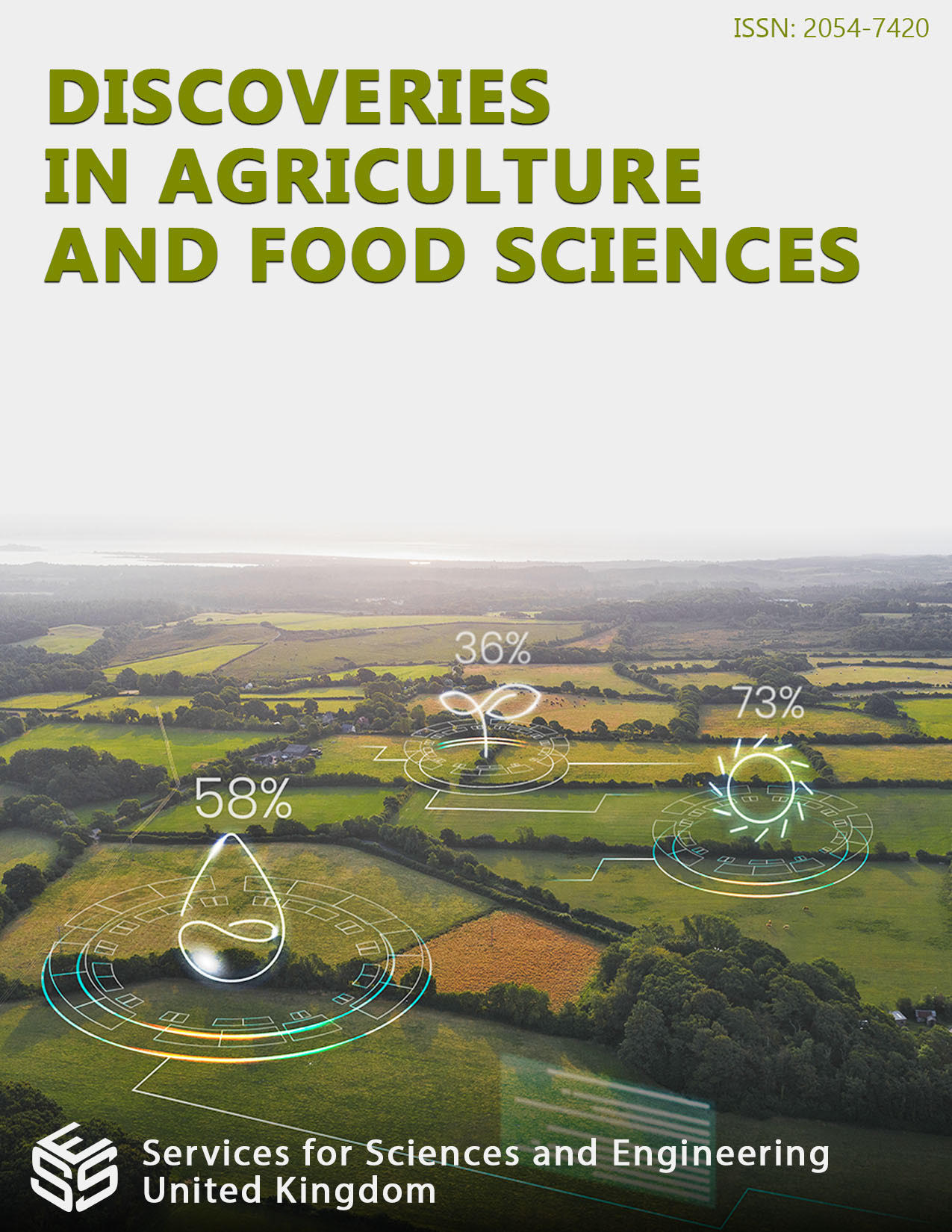Water Security in Haiti: Do National Stakeholders Consider Water and Sanitation as a Priority in Development?
DOI:
https://doi.org/10.14738/tnc.125.17510Keywords:
water security, stakeholder prioritiesAbstract
National Stakeholders play an important role in ameliorating social issues within a given community. Their perception may determine whether a specific issue will be addressed. Therefore, this study aimed to assess the consideration that national stakeholders have towards water insecurity in Haiti. The data was drawn from a survey carried out by the World Bank Group in Haiti in 2018. This survey was part of their Country Survey Opinion Program (WBG 2018). They measure and trace stakeholders, partners, and clients’ perceptions of countries where the World Bank supports development activities. A sample of 134 statistical units were selected across the country. Descriptive and inferential statistics were used to analyze data. Findings show little statistical relationship between the examined determinants of the dependent variables (Water and Sanitation Priority, Health Priority, Poverty Reduction Priority, and Government Coordination). Most respondents did not consider water and sanitation, health, and poverty issues as priorities in development. Also, most respondents considered the lack of government coordination as an impediment to development. The stakeholder theory supports the fact that Haitian National Stakeholders should consider, intervene in, and implement policy to address these issues in Haiti. Although donors continue to operate and government ministries continue to function, security issues constrain policy implementation and the improvement of drinking water in Haiti.
Downloads
Published
How to Cite
Issue
Section
License
Copyright (c) 2024 Jean Fritz Saint Preux, Joseph J. Molnar Joseph, Frances O’Donnell, Wendiam Sawago

This work is licensed under a Creative Commons Attribution 4.0 International License.






